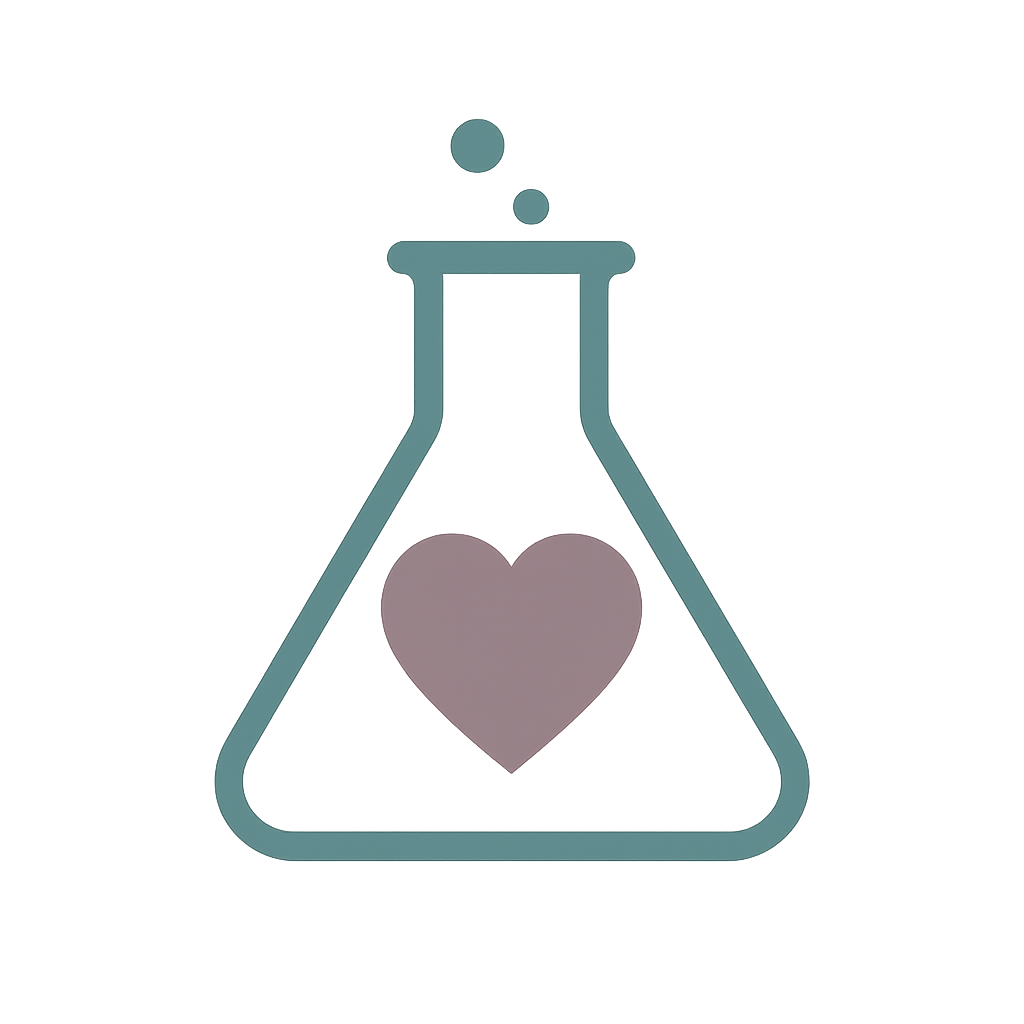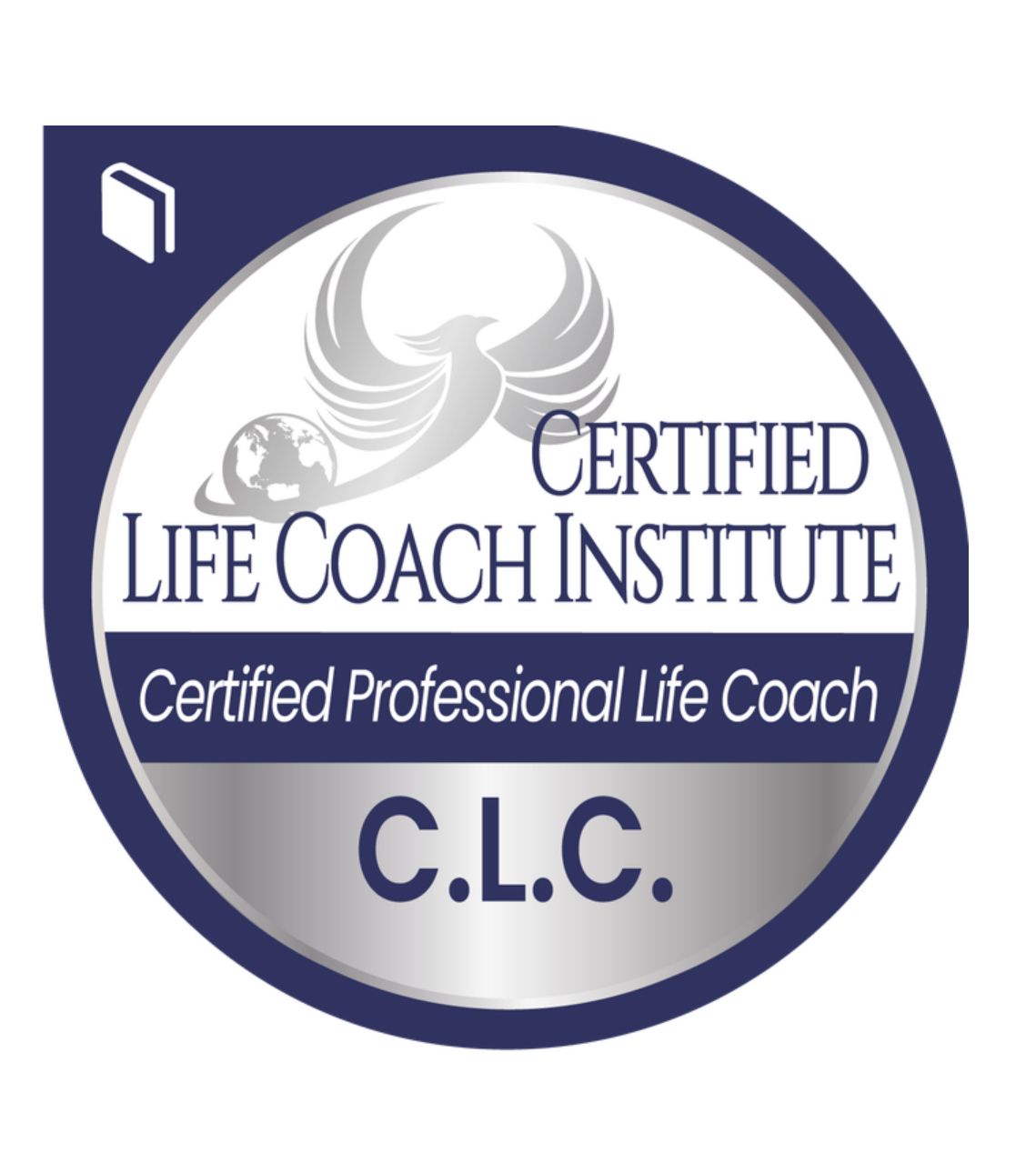
Navigating the stages of breakup grief can be one of life’s most challenging experiences, particularly when it comes to the two hardest steps: depression and acceptance. During a breakup, the stage of depression often feels all-consuming. It’s not just sadness; it’s a profound sense of loss that can envelop you in feelings of emptiness and despair. This stage can be particularly hard because it forces us to confront painful emotions we might prefer to avoid. Acknowledging our pain means embracing vulnerability, which can feel daunting. We might fear judgment from others or feel ashamed of our emotional turmoil, leading us to hide our true feelings. However, when we try to bypass this stage, we risk dragging unresolved emotions into our next relationship. Suppressed feelings can manifest in many detrimental ways: we might become emotionally numb, unable to connect with new partners; unresolved anger can surface, often directed at ourselves or future relationships; and we may find ourselves repeating unhealthy patterns, engaging with partners who remind us of past hurts without understanding why.
Acceptance, often seen as the final step in the grieving process, is another complex hurdle. It requires us to confront the reality of our situation, letting go of the fantasies and hopes we had for what the relationship could have been. This can feel like losing a part of ourselves—an emotional reckoning that’s anything but easy. Acceptance involves deep introspection, where we must reflect on our experiences and acknowledge our role in the dynamics that played out. When we rush through this step, we may fall into a victim mentality, feeling powerless and resentful toward our ex-partner or even towards ourselves. This mindset can cloud our judgment, making it difficult to see the potential for growth. Additionally, unresolved feelings can create barriers to new connections, leading us to approach potential partners with distrust and projecting past pain onto them. Failing to fully accept the end of a relationship can trap us in a cycle of longing for what was, preventing us from moving forward in life and love.
Engaging in intentional growth work during these stages is crucial to ensure we don’t carry the baggage of past relationships into the future. The first step is to embrace our emotions fully. We must allow ourselves to feel the full spectrum of our experiences—sadness, anger, confusion—without judgment. Journaling can be a powerful tool during this time, allowing us to articulate our thoughts and feelings. Seeking professional help with a certified coach can provide the support we need to navigate this turbulent period. Once we’ve processed our emotions, reflecting on what we’ve learned from the relationship becomes vital. We should identify recurring patterns, non-negotiable values, and the qualities we seek in future partners. This reflection not only fosters self-awareness but also empowers us to make conscious choices moving forward.
Setting clear intentions for future relationships is a critical aspect of our growth work after a breakup. By defining what we want and need, we can seek partners who align with our values and support our journey of healing. This process starts with self-exploration, where understanding our attachment styles becomes essential. By recognizing how our attachment style influences our relationships, we can identify patterns that have led to past disappointments. Similarly, identifying personal triggers—those emotional responses tied to past experiences—can help us navigate our feelings and reactions more effectively in future connections.
Moreover, delving into our origin wounds, or the emotional injuries from our formative years, allows us to see how these wounds impact our beliefs about love and intimacy. Acknowledging these wounds can help us break free from harmful cycles that have held us back. By examining our relationship patterns, we can discern the behaviors and dynamics that have repeatedly surfaced in our romantic life, allowing us to make more conscious choices in the future.
In addition to this self-awareness, practicing self-compassion is essential throughout this journey. Healing is rarely a linear process; it comes with ups and downs that require us to treat ourselves with kindness and patience. Embracing self-care rituals—whether through meditation, exercise, creative expression, or simply allowing ourselves to rest—can nurture our emotional well-being. By giving ourselves permission to feel, reflect, and grow, we create a fertile ground for healthier, more fulfilling relationships in the future. Through this holistic approach, we not only heal from our past but also cultivate a deeper understanding of ourselves, empowering us to attract the love we truly deserve.
As you navigate these difficult stages of breakup grief, I encourage you to take proactive steps toward self-awareness and healing. My blueprint for gaining self-awareness after a breakup is designed to help you process your emotions, reflect on your experiences, and set clear intentions for the future. This guide provides practical tools and exercises to facilitate your journey, allowing you to transform your pain into personal growth. If you’re ready to build healthier relationships and gain a deeper understanding of yourself, I encourage you to check out this comprehensive guide, now available for just $7 for a limited time. Embrace this journey of self-discovery and empower yourself to build the love you truly deserve. Take the first step HERE
As you navigate these difficult stages of breakup grief, I encourage you to take proactive steps toward self-awareness and healing. My blueprint for gaining self-awareness after a breakup is designed to help you process your emotions, reflect on your experiences, and set clear intentions for the future. This guide provides practical tools and exercises to facilitate your journey, allowing you to transform your pain into personal growth. If you’re ready to build healthier relationships and gain a deeper understanding of yourself, I encourage you to check out this comprehensive guide, now available for just $7 for a limited time. Embrace this journey of self-discovery and empower yourself to build the love you truly deserve. Take the first step HERE




